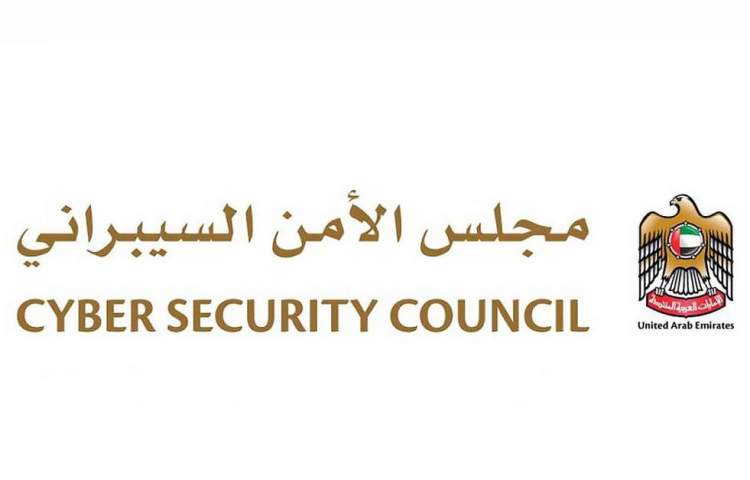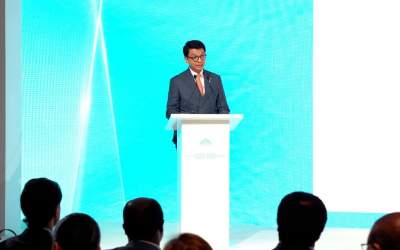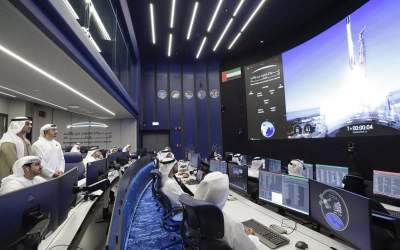The UAE Cyber Security Council announced that targeted cyber attacks on the country's strategic sectors have reached more than 200,000 cases per day.
Publish dateTuesday 21 January 2025 - 11:52
According to Amac News: Based on the council announcement, these attacks are carried out by “cyber terrorist groups” in 14 different countries, all of which have been identified and the locations of their attacks have been determined.
The UAE Cyber Security Council added that it has neutralized these attacks "using the latest global methods in this field".
The council explained that these cyber terrorist attacks have targeted several strategic sectors, with the government sector leading at 30%, the finance and banking sector at 7%, and the education, technology, aviation and hospital sectors at 4% each. Other sectors also account for 44% of all cyber terrorist attacks.
The UAE Cyber Security Council also noted that these attacks were of various types, including attacks on IT infrastructure with 40% of all attacks, file sharing attacks with 9% and database vulnerabilities with 3%. Also, persistent threat groups, known as "Blackcat", represent 51% of ransomware attacks.
Misconfigurations accounted for 27% of all attacks, followed by malware at 22%, scanning and login attempts at 15%, unauthorized access at 15%, phishing at 10%, and illegal activities and web attacks at 11%.
The UAE Cyber Security Council had previously announced the increase in "ransomware" attacks on several strategic sectors in the country's public and private sectors.
The council emphasized that sophisticated intrusion attempts have recently been detected that indicate the use of artificial intelligence technologies. The council acknowledged that attacks pose significant challenges to digital infrastructure.
The council predicts that this year will see continued cyber attacks. According to the council, these attacks range from traditional types such as phishing and social engineering to new and more sophisticated cyber-attacks that use artificial intelligence and will be more difficult to detect without more advanced techniques.
The UAE Cyber Security Council added that it has neutralized these attacks "using the latest global methods in this field".
The council explained that these cyber terrorist attacks have targeted several strategic sectors, with the government sector leading at 30%, the finance and banking sector at 7%, and the education, technology, aviation and hospital sectors at 4% each. Other sectors also account for 44% of all cyber terrorist attacks.
The UAE Cyber Security Council also noted that these attacks were of various types, including attacks on IT infrastructure with 40% of all attacks, file sharing attacks with 9% and database vulnerabilities with 3%. Also, persistent threat groups, known as "Blackcat", represent 51% of ransomware attacks.
Misconfigurations accounted for 27% of all attacks, followed by malware at 22%, scanning and login attempts at 15%, unauthorized access at 15%, phishing at 10%, and illegal activities and web attacks at 11%.
The UAE Cyber Security Council had previously announced the increase in "ransomware" attacks on several strategic sectors in the country's public and private sectors.
The council emphasized that sophisticated intrusion attempts have recently been detected that indicate the use of artificial intelligence technologies. The council acknowledged that attacks pose significant challenges to digital infrastructure.
The council predicts that this year will see continued cyber attacks. According to the council, these attacks range from traditional types such as phishing and social engineering to new and more sophisticated cyber-attacks that use artificial intelligence and will be more difficult to detect without more advanced techniques.
amacnews.com/vdcc.1qia2bqe4y-82.html
Source : news agency wam
Most viewed















